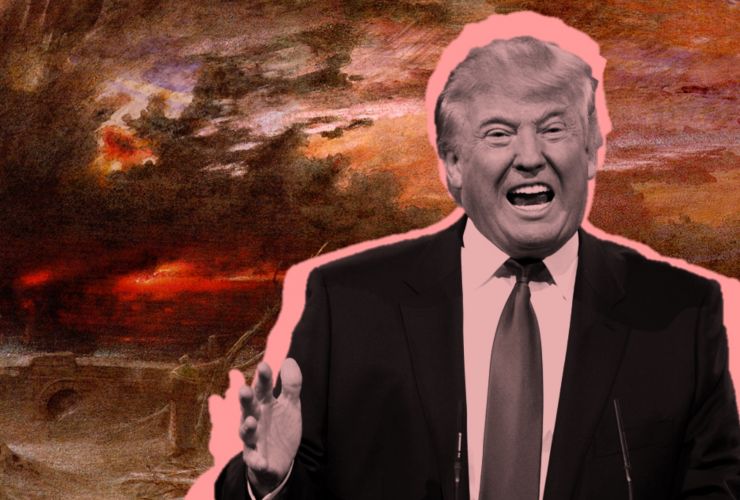
In the Boston Review, historian Maximillian Alvarez reflects on how Francis Fukuyama’s “end of history” thesis has been discredited by the global turmoil and economic instability of the past decade. At the same time, our “hypermediated” daily lives give us the sense that reality is one eternal present, eroding our grasp of historical change. What’s clear, suggests Alvarez, is that we must fight for the history we want. Here’s an excerpt:
And yet many of us, especially those in the ranks of the so-called resistance, routinely confront this reality with a cavalier, Fukuyaman confidence that this, too, shall pass, that “sanity” will eventually be “restored,” and that history will stand stalwart witness, attesting to future generations that we were on the “right side.” But can we honestly, and with certainty, say that history—as we know it, and as we are capable of knowing it—will still be there? Can we rest assured that the end of history will sustain itself, even if history cannot?
We are now fighting on terrains where the old rules of historical warfare no longer apply. In the hypermediated reality of an endless political now, the meaning of history is determined and enforced not by the myriad monuments reminding us of our past, but by those who employ enough blunt force to occupy our attention in the present. What this will mean for the “end of history” is by no means clear. For history, though, only the old truth holds: you’ve got to fight for it.
Image via the Boston Review.